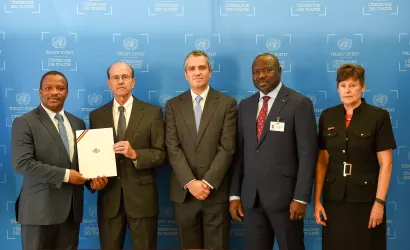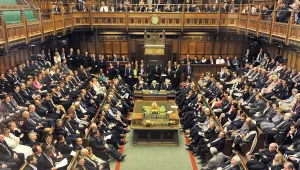Speaker: Joshua A. Schwartz, Grand Strategy, Security, and Statecraft Fellow, International Security Program
Despite the substantive importance of nuclear weapons to international peace and security, there is significant disagreement among scholars about whether the normative constraints on their use are strong or weak. Evidence for the latter position primarily consists of experimental studies that demonstrate a majority of U.S. citizens would approve of nuclear strikes by their own government if doing so offered potential advantages. However, what if foreign countries were to press the (nuclear) button? If the nuclear taboo only begins at the water's edge when members of the public are evaluating the use of nuclear weapons by a foreign government, then these previous studies may underestimate the strength of the nuclear non-use norm and imply a false sense of pessimism.
This seminar presents a theory of in-group bias and tests it using three survey experiments; two in the United States and one in India. Promisingly and in accordance with theoretical expectations, the results show that the public is significantly less likely to approve of a nuclear attack when it is conducted by a non-allied government compared to their own domestic government or that of a close ally.
On the other hand, approval is not significantly less for allies or partners than it is for domestic governments, which contradicts arguments from norm optimists that countries will strongly disapprove of and even potentially abandon allies or partners that use nuclear weapons. Absolute support for a nuclear attack is also alarmingly high for all countries, including non-allies. On balance, these findings do not suggest the nuclear non-use norm is particularly robust and are wholly inconsistent with the idea of a nuclear taboo.
Everyone is welcome to join us online via Zoom! Please register in advance for this seminar:
https://harvard.zoom.us/meeting/register/tJwuceGrrj4uH93VW_G-E4f9u12dPtpVZBci




